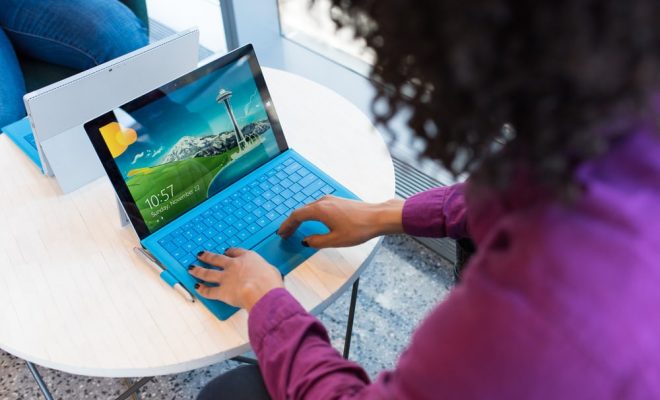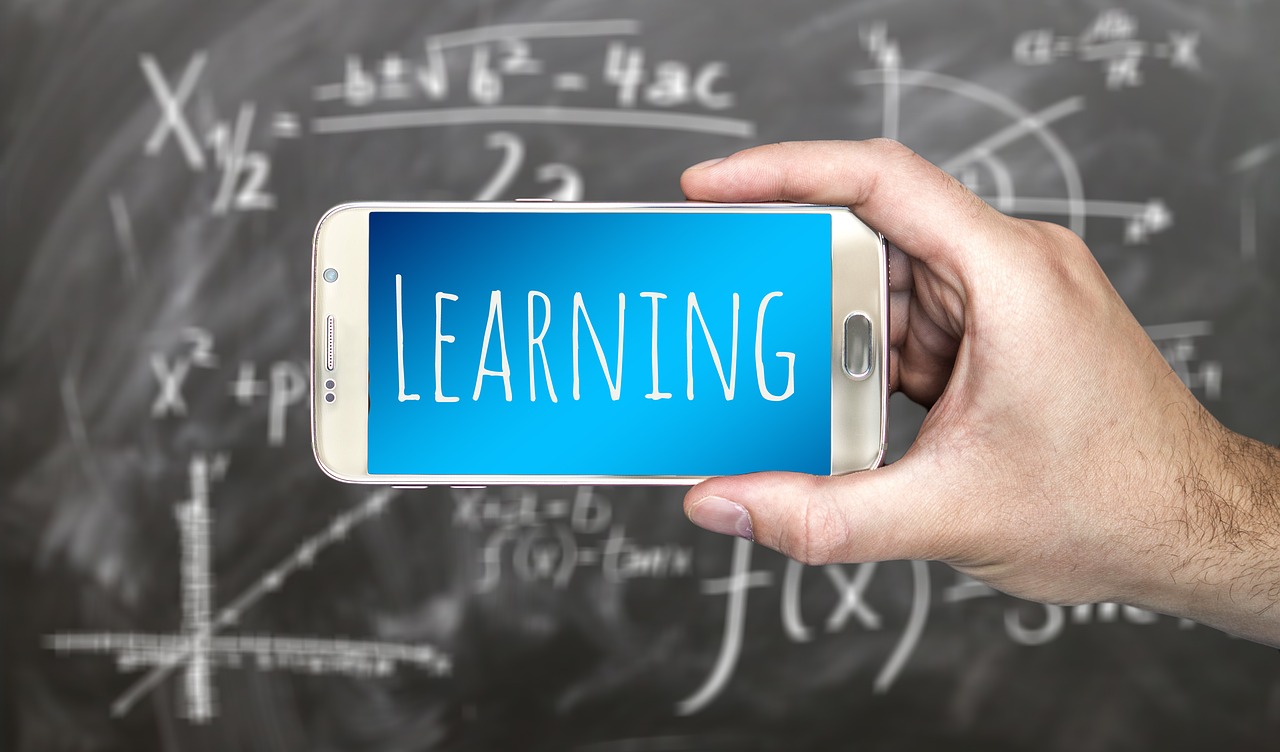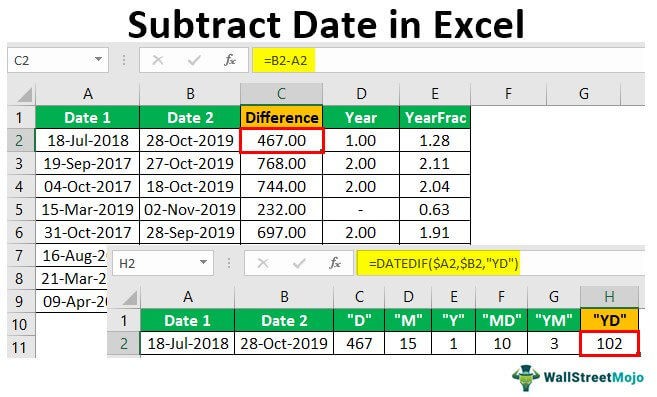3 Ways Effective Microlearning Maximizes Learning Retention

We know that good microlearning works, but many people still wonder why. Like the science of regular learning, the science of microlearning comprises several principles that contribute to its effectiveness.
These principles look at how we process and recall information, how long we can retain it for, if at all, and the things that affect whether we can recall it from memory and apply it to unfamiliar situations. Most of these principles can be applied to effective microlearning.
We’re going to examine three principles that govern successful microlearning that can be applied easily in a microlearning context. Read on for more.
Learners That Are Engaged Experience More Retention
If your learners are engaged, they’re spending more time using their learning materials, paying closer attention to their content, and remembering it for longer. One of the best ways to make eLearning and microlearning more engaging is through gamification.
Gamification might mean adding elements like moving an avatar through a virtual space to gain access to the next question or fitting puzzle pieces together to do the same. This introduces incentives for learners to continue playing and working.
A simple gamification method is to add a leaderboard, where learners can engage in healthy competition and see how they match up with their classmates.
Incremental Learning is Effective
Not only is incremental learning a cognitive science principle, but it is the definition of microlearning. Learning things in palatable, bite-sized pieces is the natural way people learn. The fact that textbooks and university courses deliver information in massive portions is harmful.
Microlearning realizes that this is a problem and solves it. The notion of scaffolding is a core part of incremental learning and involves delivering information in a progressive and logical way. This lets learners use what they learned previously to comprehend and process new, more complex data.
If adaptive learning is introduced as well, which is the case for many microlearning programs, learners can be exposed to new information incrementally while preventing the boredom of learning information that is already known to them.
Incremental Repetition Improves Recollection
Spaced practice works in conjunction with incremental learning. Our brains choose which information must move from short-term to long-term memory, also called retention, based on the frequency at which we try to recall specific details.
Spaced practice – that is, asking students questions about a topic periodically – using a chatbot or microlearning app encourages recollection. This is improved if the questions are varied, as it pushes the student to remember and apply the same information differently.
Concluding Thoughts
Microlearning is one of the most effective methods of education out there and promotes excellent recollection and retention. The principles mentioned above are the most significant reasons microlearning works and how it can maximize learning retention.






